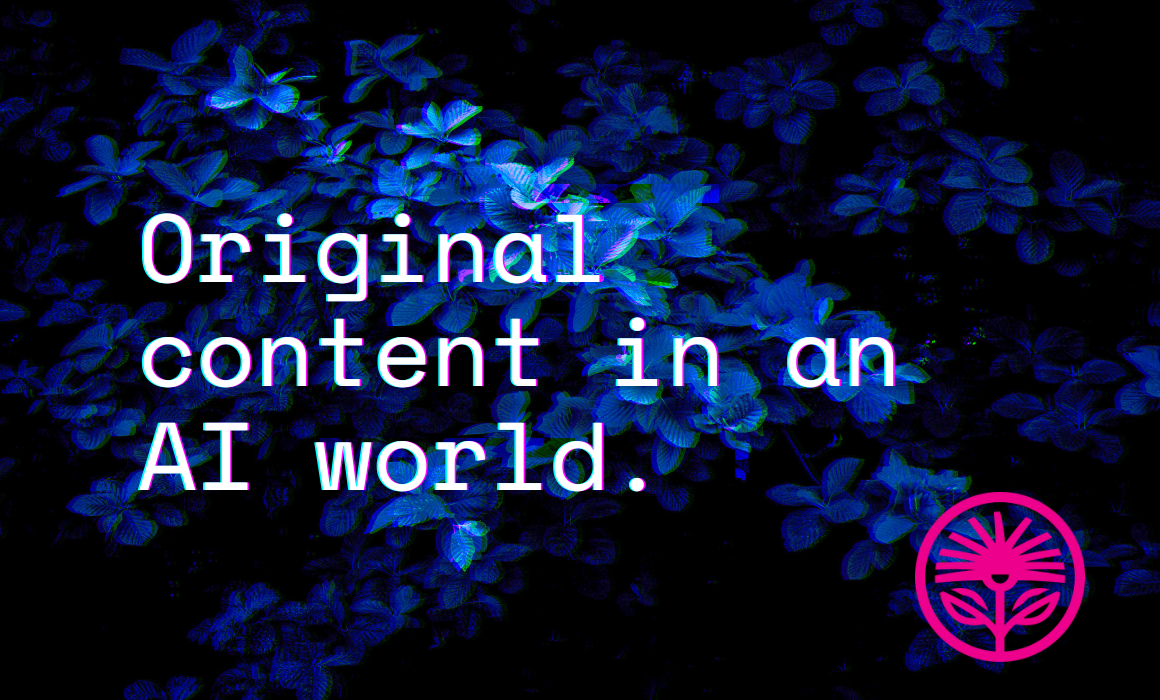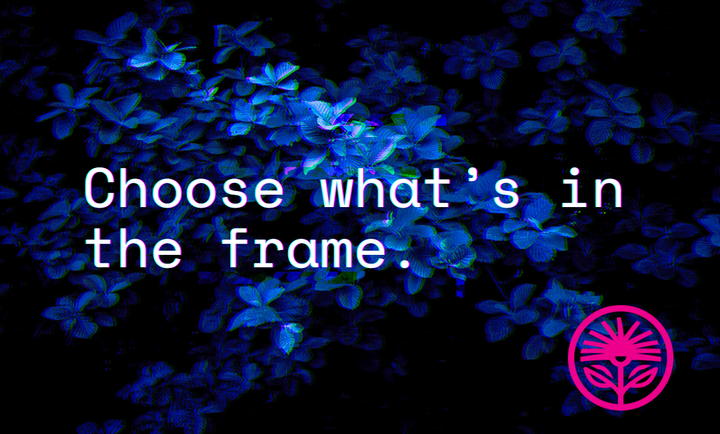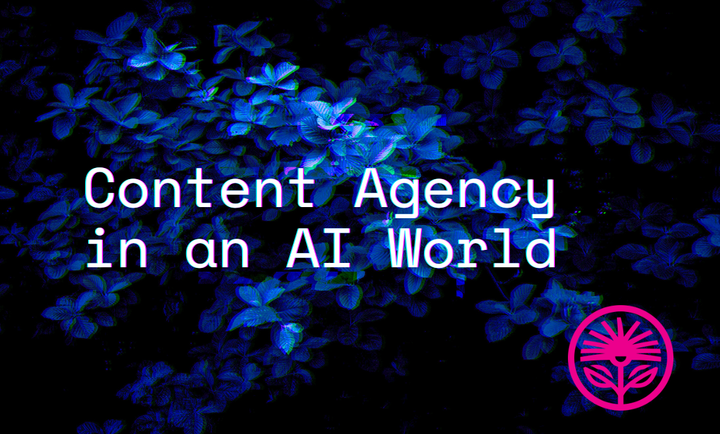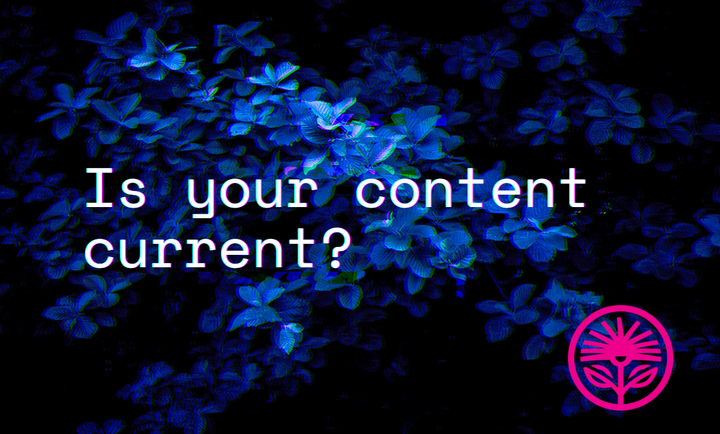Original Content in an AI World (Pt. 1) — Kelford Labs Weekly
The importance of originality.

“The more original your idea is, the less good advice other people will be able to give you.”
— Hugh Macleod, Ignore Everybody
I was going to call this new series “Organic Content in an AI World,” playing off of my earlier post with the same name.
But, in talking to a few fellow entrepreneurs about it, I realized that it’s not really about the organic part. That’s, well, that’s part of it.
What entrepreneurs really need is a way to create original content in a world increasingly filled with generic, off-the-shelf content churned out by LLMs, content farms, and the desperate.
What they need isn’t a diatribe about AI—but a demonstration of how to create original content.
So, if you’ve wanted to create more LinkedIn content, but don’t know where to start—start here.
Or if you want to create a newsletter (or get more consistent with the one you have), blog, video series, TikTok account, or Threads profile, you’re in luck.
This series is for entrepreneurs and marketers who want to articulate their expertise and set themselves apart—demonstrate their value—in a sea of sameness.
By being original.
Part 1: Originality
“If you aren't different, you have no identity. You’re just a commodity. Just a manufacturer in fact, you have no brand. So to have a brand you need an identity. To have an identity you need a point of difference. And if you don’t have one, you need to create one.”
— Dave Trott, Creative Mischief
Our job as entrepreneurs marketing our business is to be the most noticeable thing in the market for our very best customers.
Not to clothe ourselves in camouflage, but to be the easiest thing to find when someone has a need we specialize in solving.
If we don’t demonstrate our value at a distance, why would our prospects make a decision on anything other than price? If we’re not original, we’re a commodity—we’re one of a million, not one in a million.
We’ll blend in and we’ll have to do increasingly desperate things to get noticed (like discounts, DM spamming, or aggressive sales tactics).
Our content is one way we can set ourselves apart in the market. Because it allows us to not just demonstrate our value, but actually define it.
The act of creating original content requires original thinking. Thinking that can be implemented in our daily work, our process and our product design.
By thinking deeply about what we want to say to our prospects, we gain insight into what our prospects want us to do.
It forces us to specialize, to focus on what we know best, and what we’re the very best at creating. To create original content, we have to have original ideas.
And original ideas are the fuel for our future success as we decommoditize and differentiate.
“Learn to focus, life will be a lot easier.”
— Mary Wells Lawrence, A Big Life (in Advertising)
The problem with focus, though, is that it means saying no. Deep insight requires a narrowness of vision. A specific lens through which to perceive the world, the market, and our customers’ needs.
You can’t see further than others when you’re staring at the ground immediately in front of you.
By looking far out, through the lens of your expertise, you can provide unique insights that are invisible to everyone else. Which means we have to narrowly define our expertise.
Would I like to be the very best “marketer” on the planet? Absolutely, but that’s delusional. What I am the best in the world at is creating value propositions and marketing messages for hands-on entrepreneurs.
That’s partially—largely?—because very few other people offer that precise service, so there are very few people creating content on that theme.
Which creates an opportunity for me to define, develop, and articulate my speciality and expertise.
“Perhaps countless people can make similar products. But tell the pains you take to excel. Tell factors and features which others deem too commonplace to claim. Your product will come to typify those excellencies.
If others claim them afterward, it will only serve to advertise you.”
— Claude C. Hopkins, My Life in Advertising
The best place to start is with what we know about our business, industry, process, or product that nobody else knows.
This isn’t about starting from scratch or generating something completely new and novel—it’s about extracting existing insight from your experiences and expertise.
What is nobody else talking about that you think about all the time? What specific part of your process is most unique, most specialized, most informed by your particular experiences?
What you’re worried is commonplace knowledge among your peers or competitors is actually insightful and engaging to your very best customers. And it creates an opportunity to carve out a unique angle that you know more about than anyone else.
And then, when competitors see your success and inevitably copy you, they’re promoting your area of expertise.
They’re building your credibility while trying to eke out some of their own.
“The automation paradox is a physical reality. The more we surrender to the authority of devices, the less independent and imaginative our minds become, just when we need them most.”
— Margaret Heffernan, Uncharted
Which means we have to avoid the temptation to simply automate our content away. LLMs can’t generate unique and novel insights like you can.
If you’re focused on a narrow aspect of your business, there won’t be enough data in the training set of the LLMs to replicate your insights. Which means you need to focus deeply on what only you know, only you can create, and only you can demonstrate.
This requires an act of deliberate slowness. To think about content as the process of extracting, refining, and reproducing insight, not as a process of churning out words, images, videos, graphics.
LLMs can generate tokens, but it takes deliberate thinking to generate wisdom and insight.

Slow down at the thinking phase so you can move more quickly everywhere else.
If you try to speed up this process by automating it, you’ll find you get results much, much more slowly.
Because you’ll be generating the same tokens as everyone else—which defeats the whole purpose.
“It painted me into a corner, yes, but in doing so it freed me to write.”
— John McPhee, Draft No. 4
The purpose is constraint. Removing options so you can percieve the opportunity.
If you want generalized, stock answers to obvious questions, ask ChatGPT.
If you want specific, focused, and useful advice—ask yourself.
Constrain your options by only creating content that no one else could write. By asking yourself before you start writing, sketching, or recording anything: “What do I have to offer that nobody else can offer? What do I know that nobody else knows? What do I care about that nobody else notices?”
That can often inspire a sense of dread: “What do I know that nobody else knows?”
But here’s the really hard question: “Why should someone work with me instead of just having AI solve their problem?”
The answer to that question is the beginning of your next piece of content.
“When nature finds itself in need of new ideas, it strives to connect, not protect.”
— Steven Johnson, Where Good Ideas Come From
When you get stuck, remember that you’re not creating content in the abstract. You’re not doing it to feed some machine or with some vague goal about SEO or “engagement”.
You’re creating content so you can create customers.
Which means the more you know about your ideal customers, the more you know about original content. By being extremely curious about their experiences—what they read, watch, and look for when a need arises—you can be extremely efficient in the content you create.
You can target your knowledge to fit their need. You can recall questions you’ve been asked, feedback you’ve received, and problems you’ve solved in your unique way. And you can turn those insights into content.
Our goal is not to hoard what we know—we want our ideas to spread.
So that we can demonstrate our value at greater and greater distances to the prospects who want it most.
So we must make it extremely easy for those prospects to find out more about us, and stay connected with us.
Content—regular, consistent, and unique content—is the best way to keep your customers connected.
But it starts by being original.
“Genius is the art of taking pains.”
— Claude C. Hopkins, Scientific Advertising
To be original, we must take pains, try hard, and expend effort.
Creativity is an act of exertion, not a click of a button.
It we want to create original content it by definition needs to be content that only we can create. That requires effort, thinking, and occasional mental pain.
But the satisfaction of creation, of demonstration—of actually helping—more than makes up for it.
It motivates us and inspires us to keep creating.
So the question to ask yourself is this: “What do I know that nobody else knows—that my best customers would benefit from knowing more about?”
Start there, and start creating.
Kelford Inc. shows you the way to always knowing what to say. Finely crafted marketing messages for hands-on entrepreneurs.



